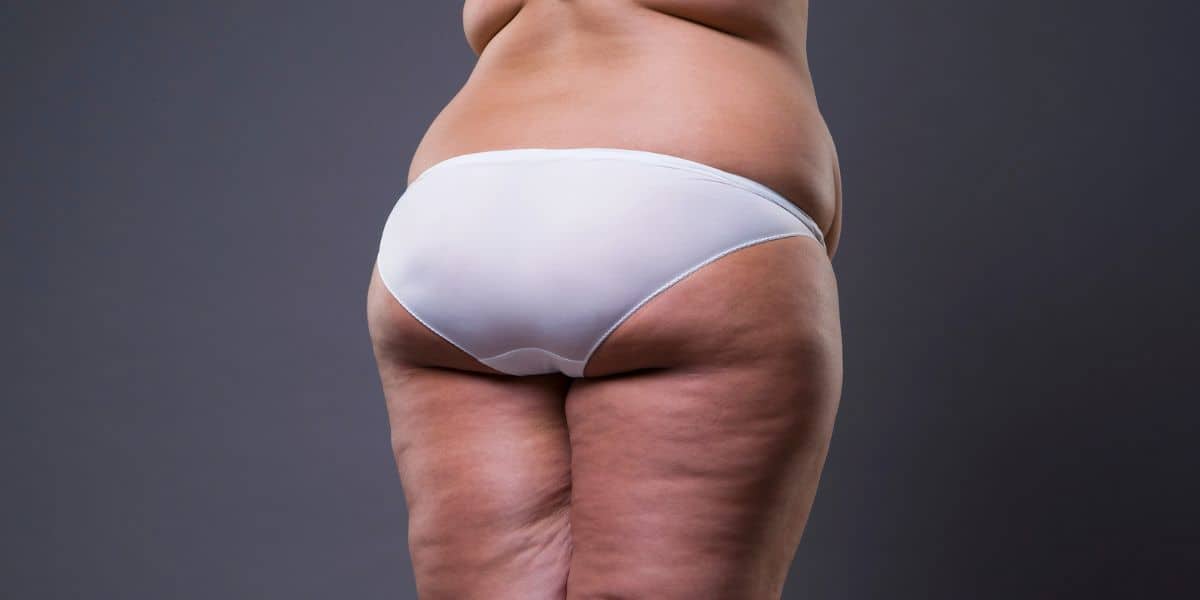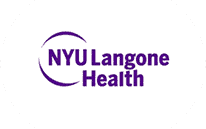Dr. Saber’s Blog
How to Properly Care for Your Incision After Surgery (and Prevent Infection!)
How do I care for my incision after surgery?
Upon arriving home after your surgical procedure, you (or the friend taking care of you) will become responsible for taking care of your surgical incision. We’ll provide you with aftercare instructions before your plastic surgery and send you home with everything you need.
Proper incision care is essential to reduce pain, risk of infection, and scarring.
Surgical wound care is an important part of your healing process. Proper wound care includes:
Preparing to change the dressing
When you go home, you’ll have gauze or bandages over the incision site. Regular dressing changes are important for keeping the incision site clean and supporting healing.
Before starting the process, gather up your materials (gauze pads, medical gloves, surgical tape, scissors, new bandages, and a plastic bag) and wash your hands thoroughly with soap and warm water.
Once your hands are clean, put on fresh medical gloves, remove the old dressing, and put the old, dirty bandages, gauze, and tape into the plastic bag.
Cleaning the incision
It’s important to keep the incision clean to prevent infection after surgery. The steps for cleaning include:
- Gently wash the incision with soap and water, but do not soak or scrub!
- Don’t use rubbing alcohol, hydrogen peroxide, skin cleansers, iodine, lotion, cream, or herbal products, all of which can harm the tissue and slow wound healing.
- Pat the wound dry with a fresh, clean towel.
Take showers or sponge baths until your instructions say it’s okay to take baths. Before showering, cover the dressing with a plastic bag or plastic wrap to keep it dry.
Inspecting the incision
It is essential to check the incision every day to maintain the health of the wound. When inspecting an incision, you’re looking for signs of healing or infection. Look out for:
- Wound separation: The edges of the incision should fit together snugly. If the wound begins to open, it may not heal properly and is at higher risk of infection. If you notice wound separation, call our office.
- Drainage: You may have a surgical drain in place to keep fluid from accumulating around the surgical site. Drainage should be pinkish (indicating some blood) to clear and will decrease as the wound heals.
- Healing ridge: The presence of a palpable healing ridge along the incision confirms that scar tissue is forming.
- Bleeding: If there is bleeding, apply direct, constant pressure to the area. If bleeding continues, call our office.

Applying the new dressing
Once you’ve gathered your supplies, removed the old dressing, and cleaned and inspected the incision, it’s time to apply the new dressing.
Place a sterile gauze bandage over the incision. Then, cut new tape strips and apply them on all four sides of the bandage to hold it in place.
Dispose of the old dressing and dirty gloves, wash your hands, and clean any clothing or surfaces that came in contact with bodily fluids.
Caring for stitches (sutures), staples, tissue glue, or adhesive strips
Stitches or staples may cause redness, swelling, mild irritation, and itching where they enter the skin. You may have some drainage in the first few days after surgery, this is expected.
The incision may be protected and held together with tissue glue or small adhesive strips. When they get wet, pat them dry immediately before applying a new dressing.
The glue and the adhesive strips will fall off on their own over time.
If you need to come back to the office to have staples or stitches removed, the timeline for this will be included in your post-operative instructions.
CALL (818) 770-7050 OR CLICK HERE TO SCHEDULE ONLINE
What are surgical site infections?
The skin is a natural barrier against infection. Even with proper precautions and protocols in place, any break in the skin can lead to an infection.
Doctors refer to infections in the incision area as surgical site infections (SSIs). The chances of developing an SSI after surgery are about 1-3%.
Some patients are at higher risk of SSIs than others and will need to take extra careful care of their incisions. These patients include:
- Older adults
- Obese
- Smokers
- Patients with medical conditions like cancer or diabetes
- Immunocompromised (weakened or suppressed immune system)
By working with a board-certified surgeon, you reduce or eliminate your risk of infections introduced by contaminated surgical tools or operating spaces.
Your main risk of post-surgical infection is from poor wound care like not washing hands, not cleaning the incision, or using dirty bandages.
What are the signs of infection after surgery?
Most patients will be sent home with antibiotics to prevent infection. Combined with properly caring for your incision after surgery, this keeps your chance of infection low. However, a surgical site infection can spread and become very serious if not caught early.
While cleaning and inspecting the incision, keep an eye out for the following symptoms of wound infection:
- Fever of 101°F or higher
- Sore, red, or swollen skin around the incision.
- The skin at the surgical site itches and/or there is a rash.
- The skin around the incision feels warm to the touch.
- Pus oozing from the incision or an odor coming from the wound.
- Change in the size of the incision.
What is the recovery time for plastic surgery incisions?
The full recovery time for plastic surgery will depend on the type of surgery and your general health. In general, a surgical incision fully heals within two weeks. However, as the skin heals together and scar tissue begins to form, it will require less constant care.
Again, your post-care instructions will include more in-depth information on what to look for to know if your incision is healed.
Why choose Saber Plastic Surgery for cosmetic surgery?
Dr. Sepideh Saber is a board-certified plastic surgeon providing cosmetic procedures and surgeries from a more sensitive, female perspective for patients of all ages, genders, and orientations. She ensures that all questions are answered so that each patient can make a truly well-informed decision.
Keeping her patients safe remains her top priority. She employs the latest state-of-the-art techniques and performs her procedures in the top surgical centers and hospitals, where she enjoys full admitting privileges.
To request a consultation, please call (877) 205-4100 or click here to schedule a consultation online.
Dr. Saber is located in Encino, CA for patients throughout the Los Angeles area. We are also convenient to patients in Woodland Hills, Sherman Oaks, Calabasas, Burbank, Glendale, Hidden Hills, Agoura Hills, Northridge, North Hollywood, Malibu, Topanga, Canoga Park, Reseda, Valley Glen, Chatsworth, West Hills, Winnetka, Universal City, Bel Air, Beverly Hills, Downtown Los Angeles, Silverlake, and Echo Park.
CALL (818) 770-7050 OR CLICK HERE TO SCHEDULE ONLINE
- The Skinny on BBL Sagging: Why It Happens and How to Prevent It - April 29, 2025
- Recovering From a Mommy Makeover: Dr. Saber’s Week-by-Week Guide - November 29, 2024
- Male Chin Augmentation: Is it For You? - October 25, 2024


























